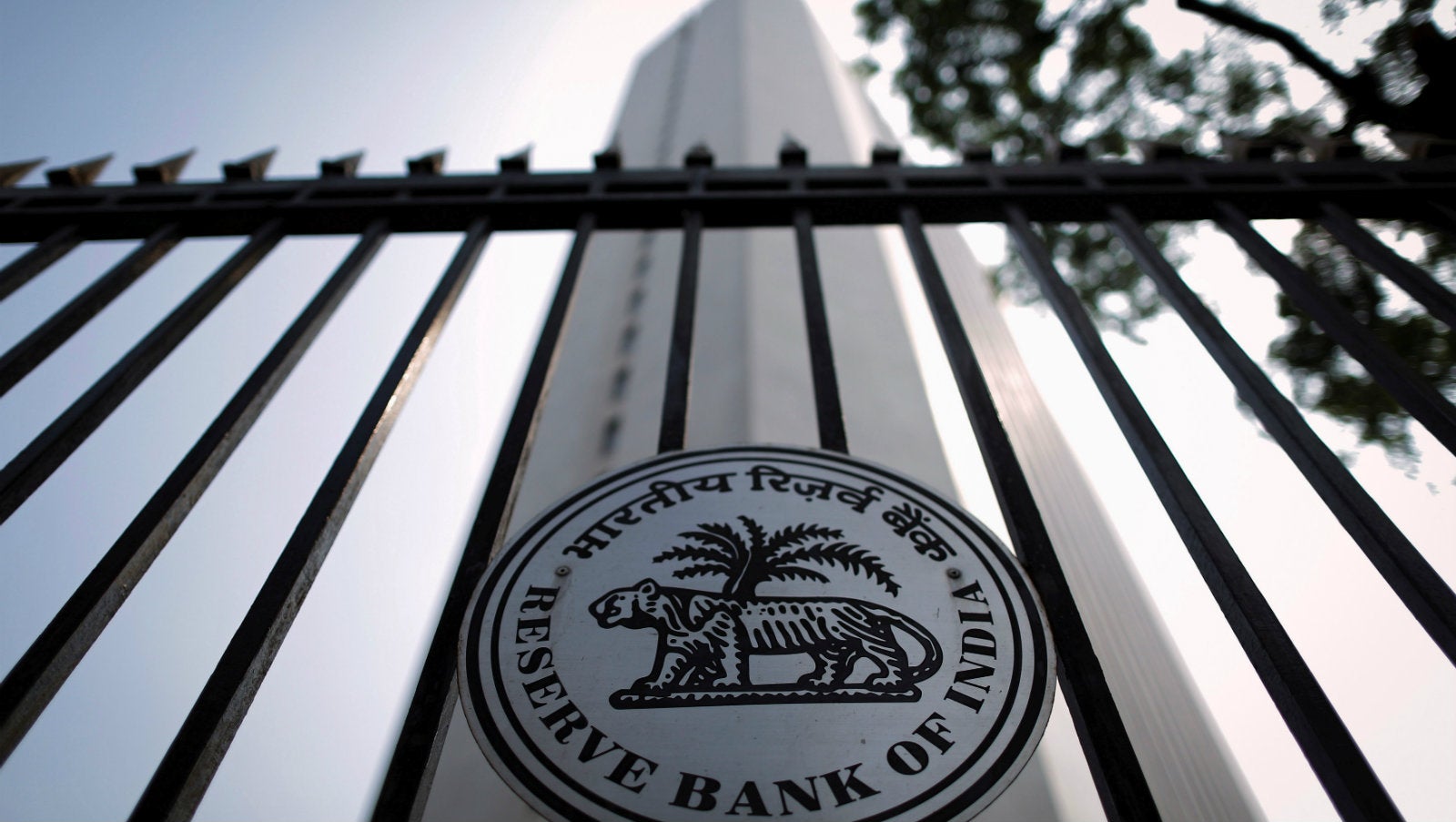S&P warns of disastrous consequences if Indian central bank loses its autonomy
Global credit-rating agencies are sounding caution against the perceived threat to the Indian central bank’s autonomy.


Global credit-rating agencies are sounding caution against the perceived threat to the Indian central bank’s autonomy.
S&P Global Ratings yesterday (Dec. 17) warned that the Narendra Modi government’s constant meddling in the Reserve Bank of India’s (RBI) affairs can be disastrous.
“The RBI has traditionally shown greater independence than many regional peers and a robust institutional culture,” said S&P in a statement. “But sustained and intense external pressure from the Indian government risks eroding these settings over time and could also undermine the long-term financial stability in the country.”
Differences between the Modi government and the RBI reached a boiling point on Dec. 10 when governor Urjit Patel stepped down from his post, citing personal reasons. His resignation was viewed as a statement of dissent. The independence of the central bank was at the core of the tussle between the RBI and Patel.
The government and the central bank had also been at loggerheads over the latter’s treatment of bad loans. Certain banks with poor financial health, were put under the RBI’s corrective measures, severely restricting their functioning, including their ability to expand and hire. The government had been pressurising the RBI to relax these rules.
The S&P note has now given the RBI’s steps its stamp of approval: “In our view, the RBI’s prompt corrective action to rebuild capitalisation at distressed banks is appropriate given the fundamental issues these banks face.”
The government’s constant demand for higher dividends from the central bank was another sore point between the two parties. For the year ended June 2017, the RBI had transferred only Rs30,659 crore ($4.23 billion) as annual dividends, less than half of what the government expected (The RBI follows a July to June financial year for its books of accounts).
The Modi government, looking to prop up investments before the 2019 general elections, wanted the central bank to dip into its coffers and hand over a higher sum—a move opposed by Patel and his team.
Patel’s immediate predecessor, Raghuram Rajan, has also warned against the government’s move. The transfer of additional funds to the government can bring down the credit rating of the central bank, he told a news channel yesterday.
With Patel’s exit, and his quick replacement by former bureaucrat Shaktikanta Das, the crisis seems to have blown over. But nobody’s sure if it is settled permanently.
While global agencies haven’t tinkered with India’s sovereign credit rating over this, they will be keenly watching. “In particular, S&P Global Ratings views as credit negative the circumstances leading to the recent resignation of Patel, governor of the RBI. We await any changes to banking system regulation at the next RBI board meeting in January 2019,” said the note.
The New York-based agency currently has a sovereign rating of BBB- for India, which is just a notch above junk.